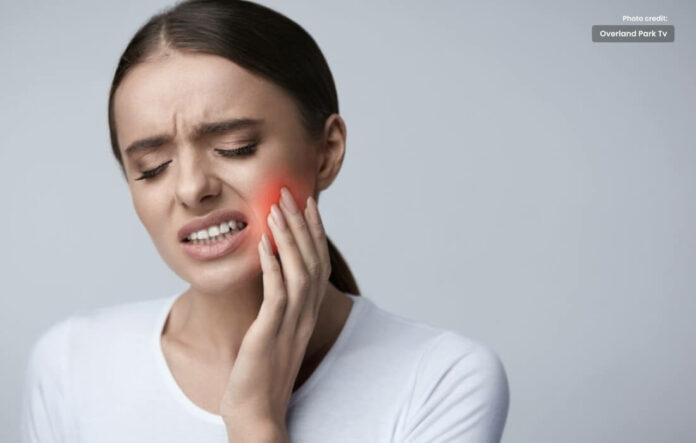Uncover toothaches causes, symptoms, remedies, and dental health tips.
Examine the various aspects of toothaches as we examine their primary causes, symptoms, and efficient treatments. Learn how to keep your teeth in good condition and avoid getting painful toothaches.
Introduction
A toothache can be extremely painful and incapacitating, interfering with our everyday activities and causing great misery. Effective prevention and management of toothaches require an understanding of their underlying causes.
Gaining Knowledge About Tooth Anatomy
It is essential to have a fundamental understanding of tooth anatomy in order to understand the causes of toothaches. Enamel, dentin, pulp, and roots make up teeth.
The majority of a tooth is made up of dentin, with enamel serving as its outermost layer of protection. The pulp, which is in the middle, is made up of blood vessels and nerves.
Common Causes for Toothaches
Dental Cavities and Decay:
- Acids that break down enamel are produced by bacteria acting on sugars and starches.
- When decay moves on to the dentin and finally the pulp, it hurts.
Periodontal Disease (Gum Disease):
- Gum inflammation may cause the tooth roots to become visible.
- Bacteria can cause discomfort in areas between teeth and receding gums.
Dental fractures:
- Teeth fractures can be caused by trauma or biting onto hard materials.
- Fissures could penetrate the pulp, causing excruciating pain.
Infected Tooth:
- A pulp infection caused by bacteria might result in an abscess.
- The pus buildup puts pressure on the area, producing excruciating discomfort.
Sensitivity of the teeth:
- Sensitivity results from exposed dentin brought on by eroding enamel or receding gums.
- Foods that are hot, cold, sweet, or acidic can cause sudden, excruciating discomfort.
Identifying Symptoms
- Prickling or stabbing pain: Different toothaches can cause a persistent throb or an acute, stabbing pain.
- Feelings Sensitive to Heat: Teeth sensitivity may be indicated by discomfort when ingesting hot or cold foods and beverages.
- Redness and Swelling: Visible swelling and redness may be the result of an abscess or gum inflammation.
- Experiencing Pain While Chewing: As you chew, a toothache may become more painful, which could be a sign of structural problems.
Getting Expert Assistance
Examining the dentist:
- Frequent dental examinations help spot possible problems before they get worse.
- X-rays aid in the diagnosis of hidden issues like infections or cavities.
Expert Cleaning:
- By removing plaque and tartar, dental cleanings help to stop gum disease and decay.
Home Treatments and Avoidance
Practices for Oral Hygiene:
- Plaque buildup can be avoided by consistently flossing and brushing twice a day.
- For additional cavity prevention, use toothpaste containing fluoride.
Seawater Wash:
- Warm saltwater gargling has anti-inflammatory and anti-bacterial properties.
Nonprescription Painkillers:
- Temporary relief can be achieved with over-the-counter pain medicines such as acetaminophen or ibuprofen.
Essential Oil of Cloves:
- Clove oil application may provide an all-natural means of pain alleviation.
Conclusion
Although toothaches can cause havoc in our daily lives, knowing why they happen gives us the ability to prevent them. The maintenance of ideal dental health depends on routine dental care, good oral hygiene habits, and timely expert intervention. Through education and preventive care, we can reduce the likelihood of toothaches and guarantee a bright, pain-free smile for many years to come.
Also read this: Causes and Symptoms of Skin Allergies




